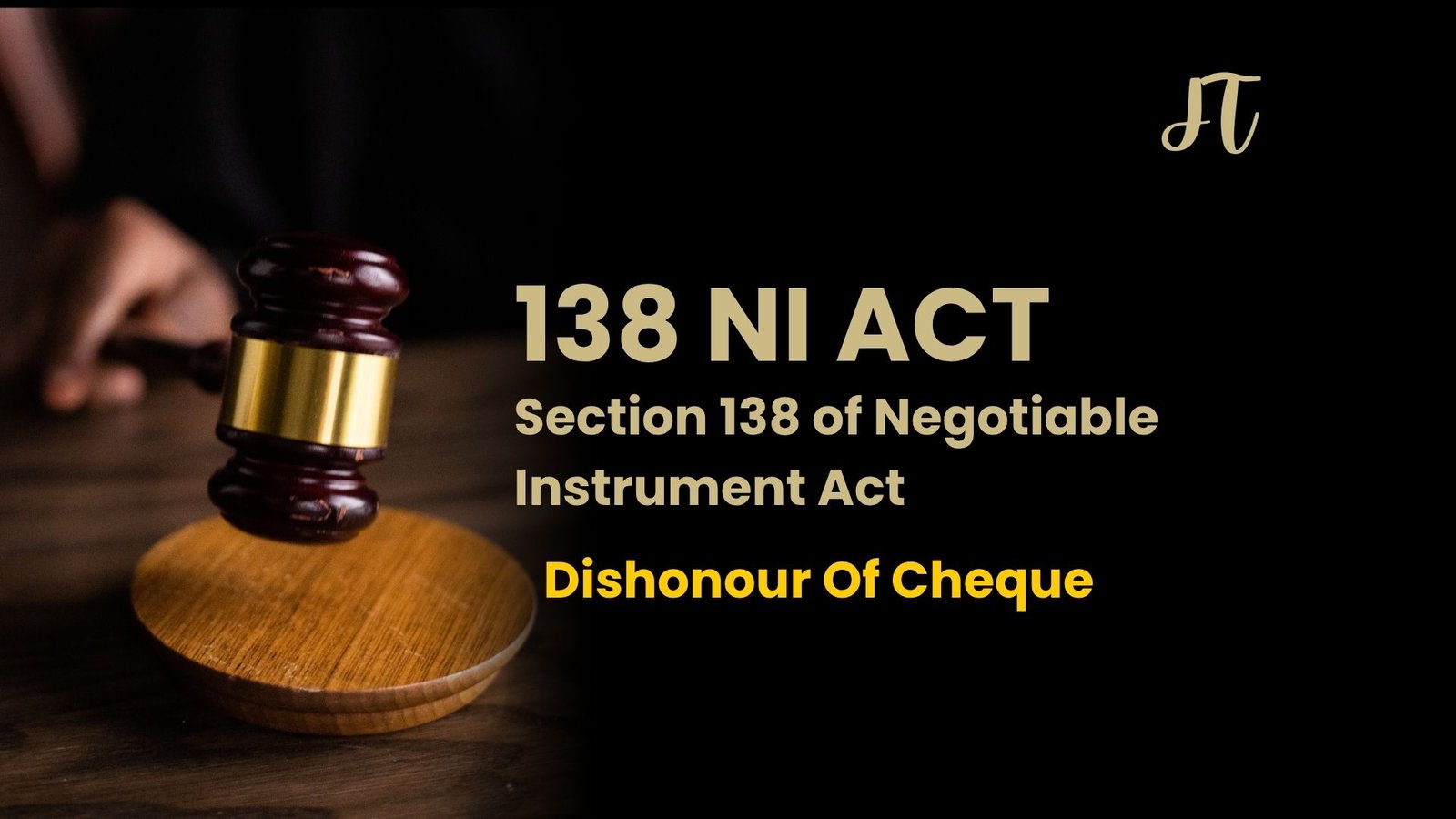The Kerala High Court recently upheld an acquittal in a cheque bounce case under Section 138 of the Negotiable Instruments Act (NI Act), ruling that a manager cannot file a case in their personal capacity for a company’s dues.
Only the Payee or Holder in Due Course Can File Complaint Under Section 138 N.I. Act. A Company’s Manager Has No Personal Locus to Prosecute. In a significant judgment Kerala High Court, presided by Justice A. Badharudeen, dismissed a criminal appeal filed by a complainant challenging the acquittal of the accused in a cheque dishonour case. The Court decisively held that a company’s manager cannot institute a complaint under Section 138 of the Negotiable Instruments Act in his personal capacity when the cheque is issued towards the dues of the company.
The decision crystallizes the legal principle that; the complainant must either be the payee or the holder in due course as defined under Sections 7 to 9 of the N.I. Act a mere employee cannot step into that role unless duly authorised and the firm itself is the complainant.
Key Points:
Company, Not Individual, is the Holder: The court emphasized that the company, not the manager, is the holder of the cheque, and therefore, the manager lacks the locus standi (legal standing) to file a complaint under Section 138.
Section 138 Implications: These ruling highlights the importance of understanding the provisions of Section 138, which aims to prevent dishonouring of cheques and promote trust in commercial transactions.
Legal Precedents: Similar judgments have reinforced the principle that only the payee or holder of a cheque can initiates proceedings under Section 138, emphasizing the need for strict interpretation of the NI Act.
Impact on Businesses and Individuals:
Proper Procedures: Companies and individuals must ensure they follow proper procedures when issuing and receiving cheques to avoid potential disputes and litigation.
Awareness of Legal Standing: It’s crucial for managers and companies to understand their legal standing in cheque bounce cases, as this can significantly impact the outcome of such cases.
The Kerala High Court’s ruling emphasizes that a manager lacks the legal standing to file a cheque bounce case in their personal capacity for a company’s dues, reinforcing the importance of proper legal procedures and interpretation of the Negotiable Instruments Act.

